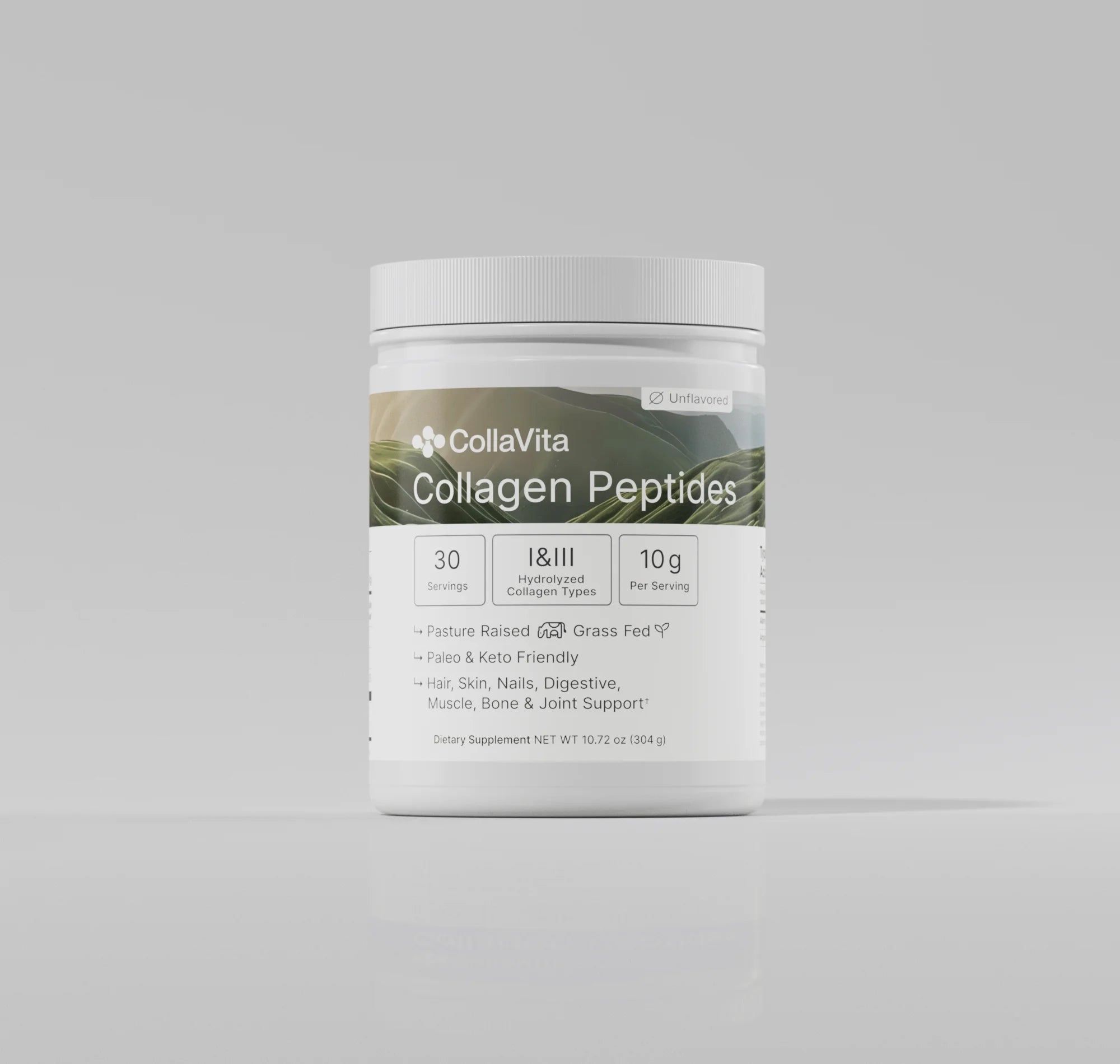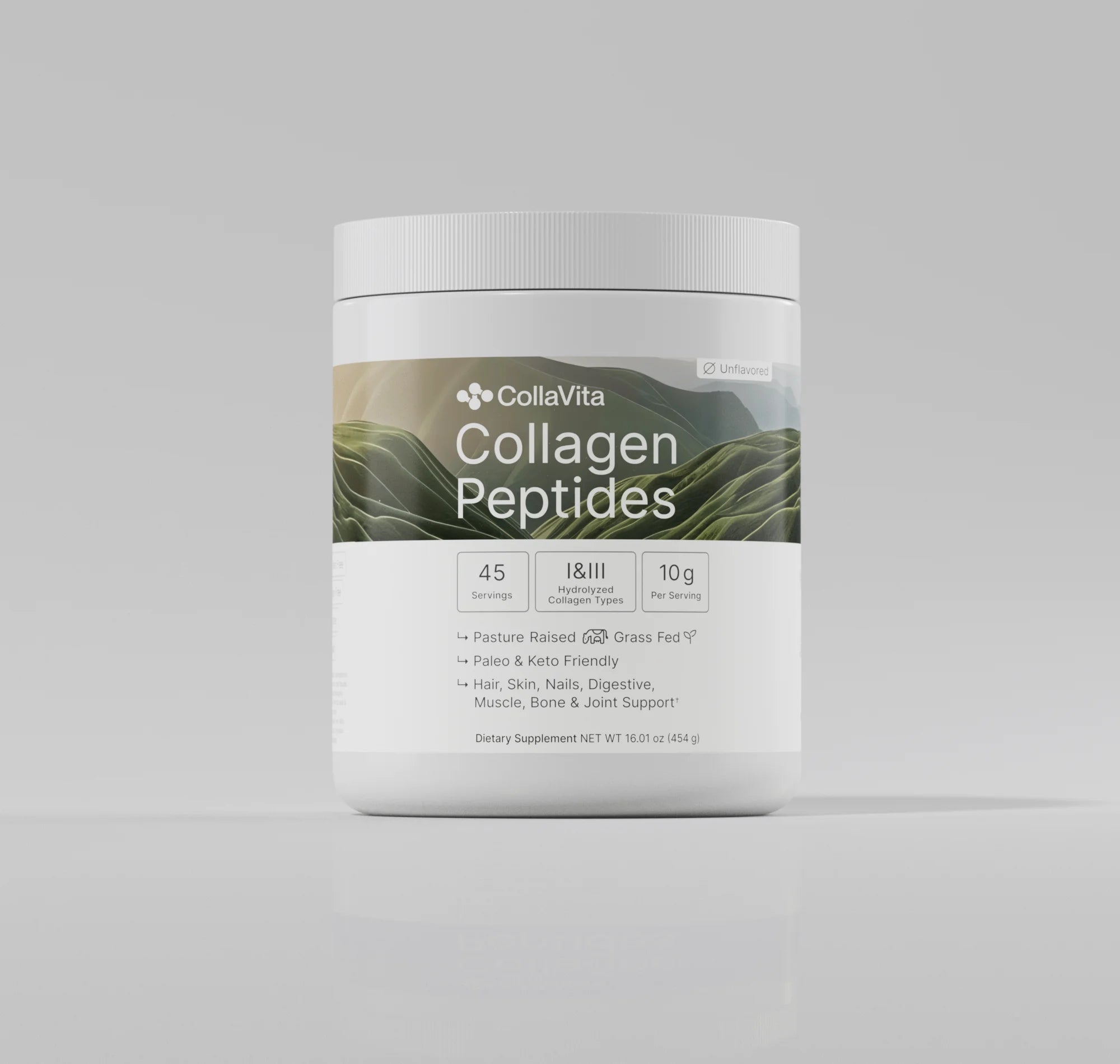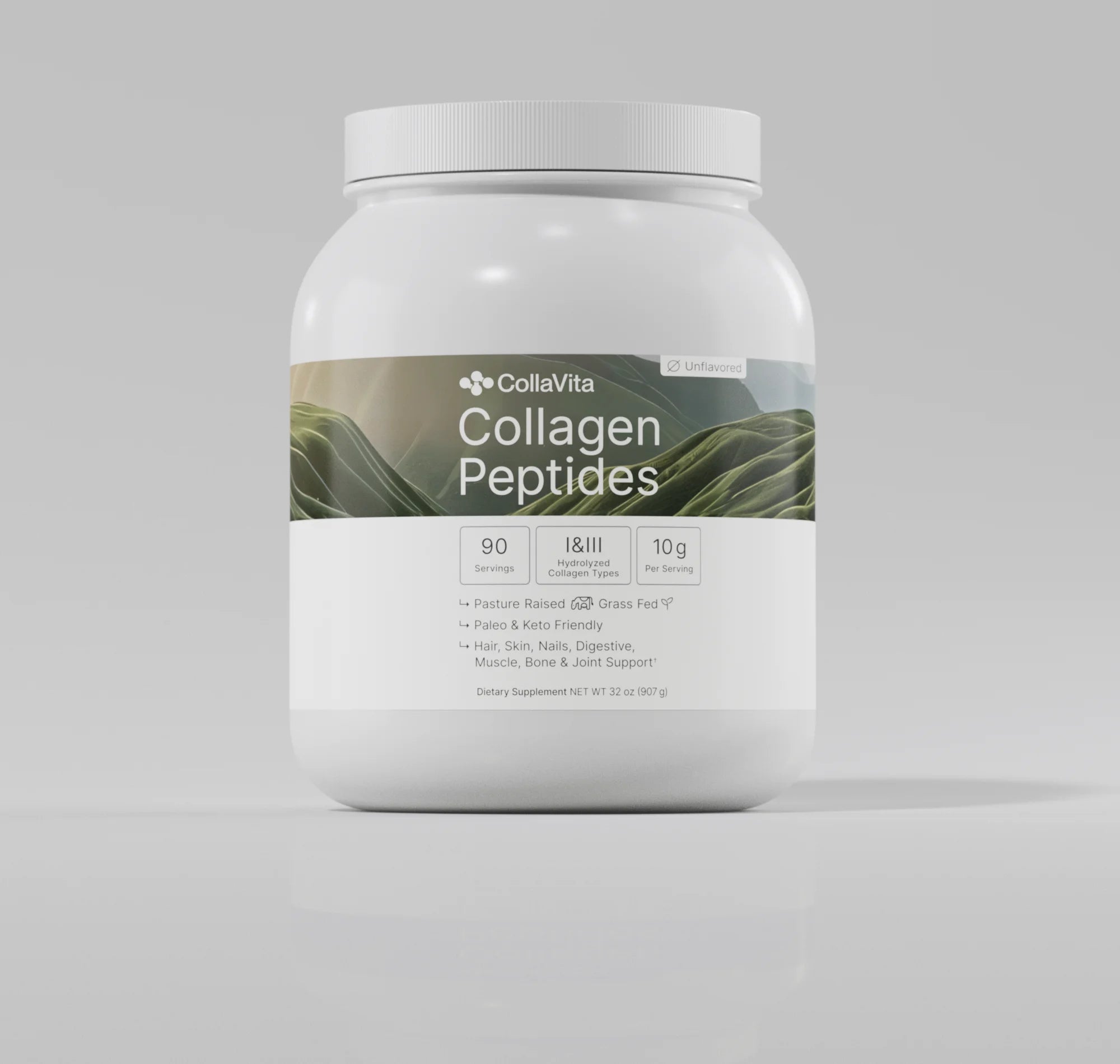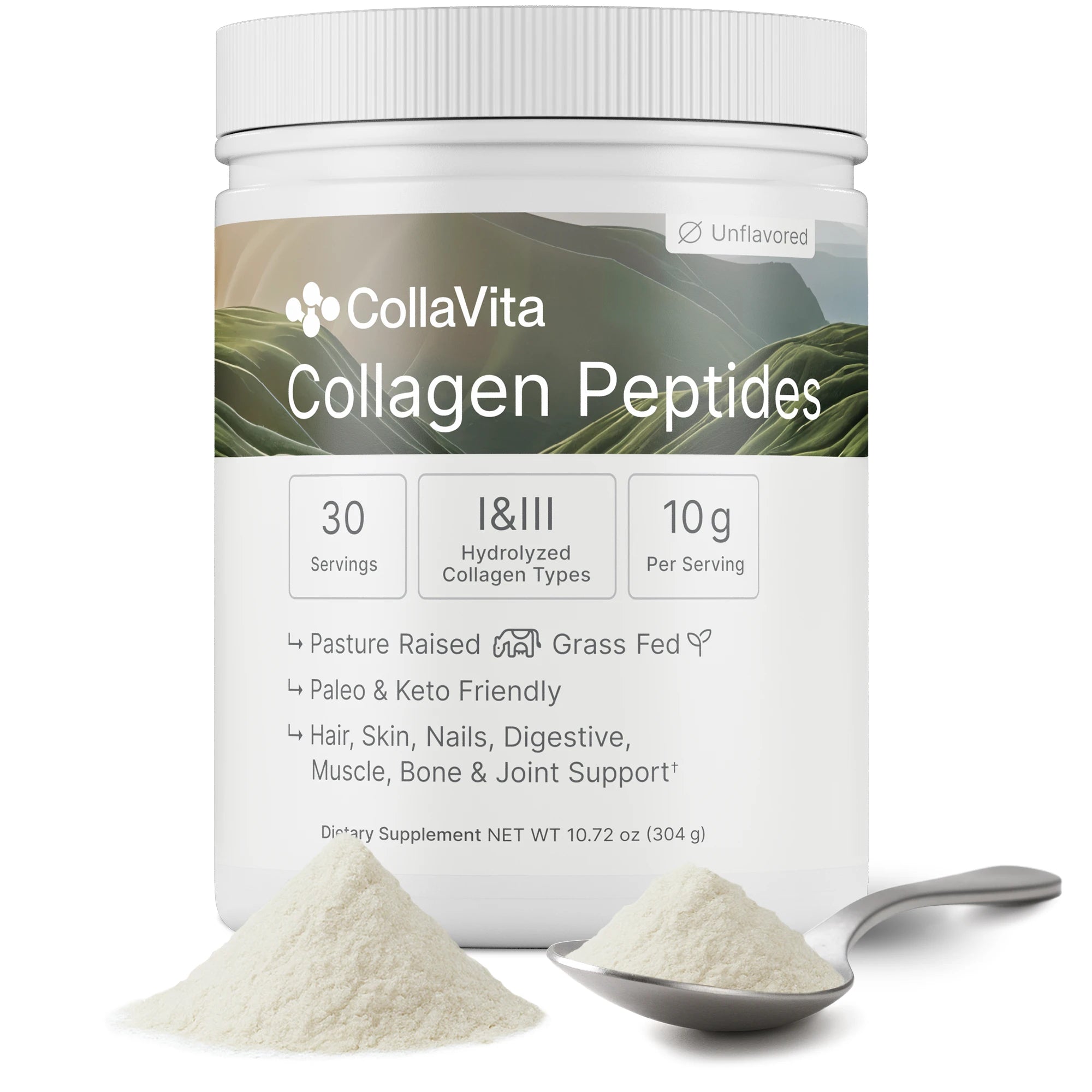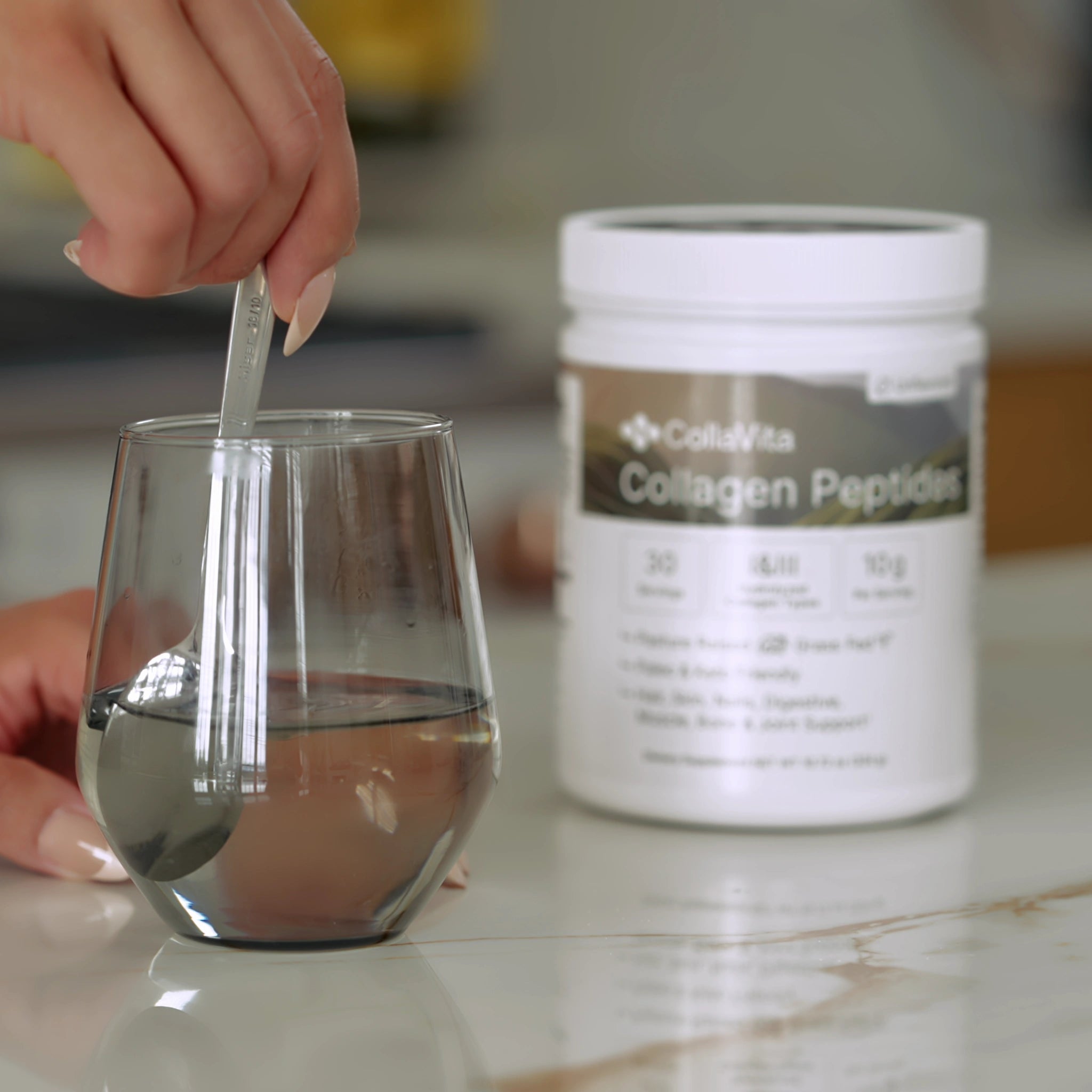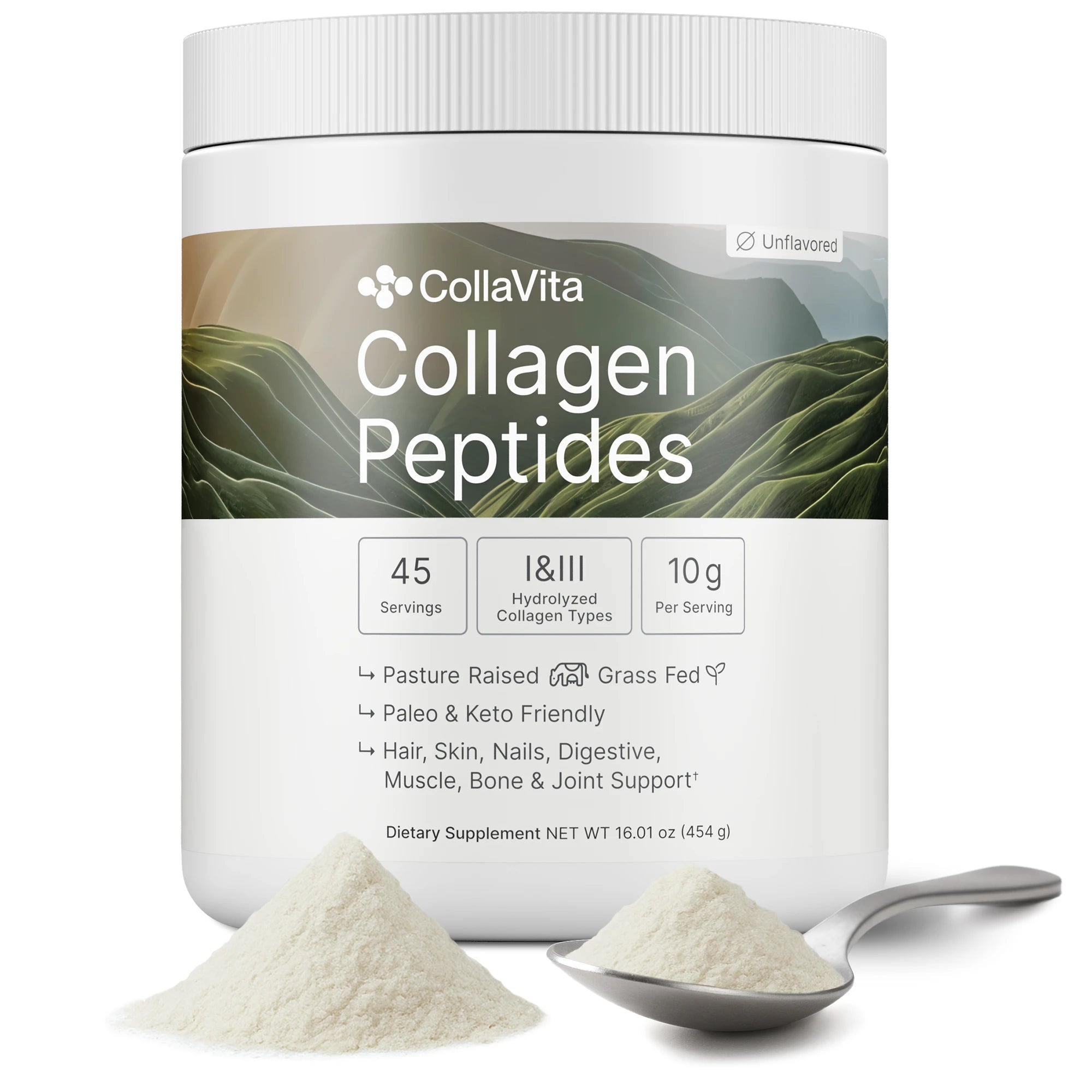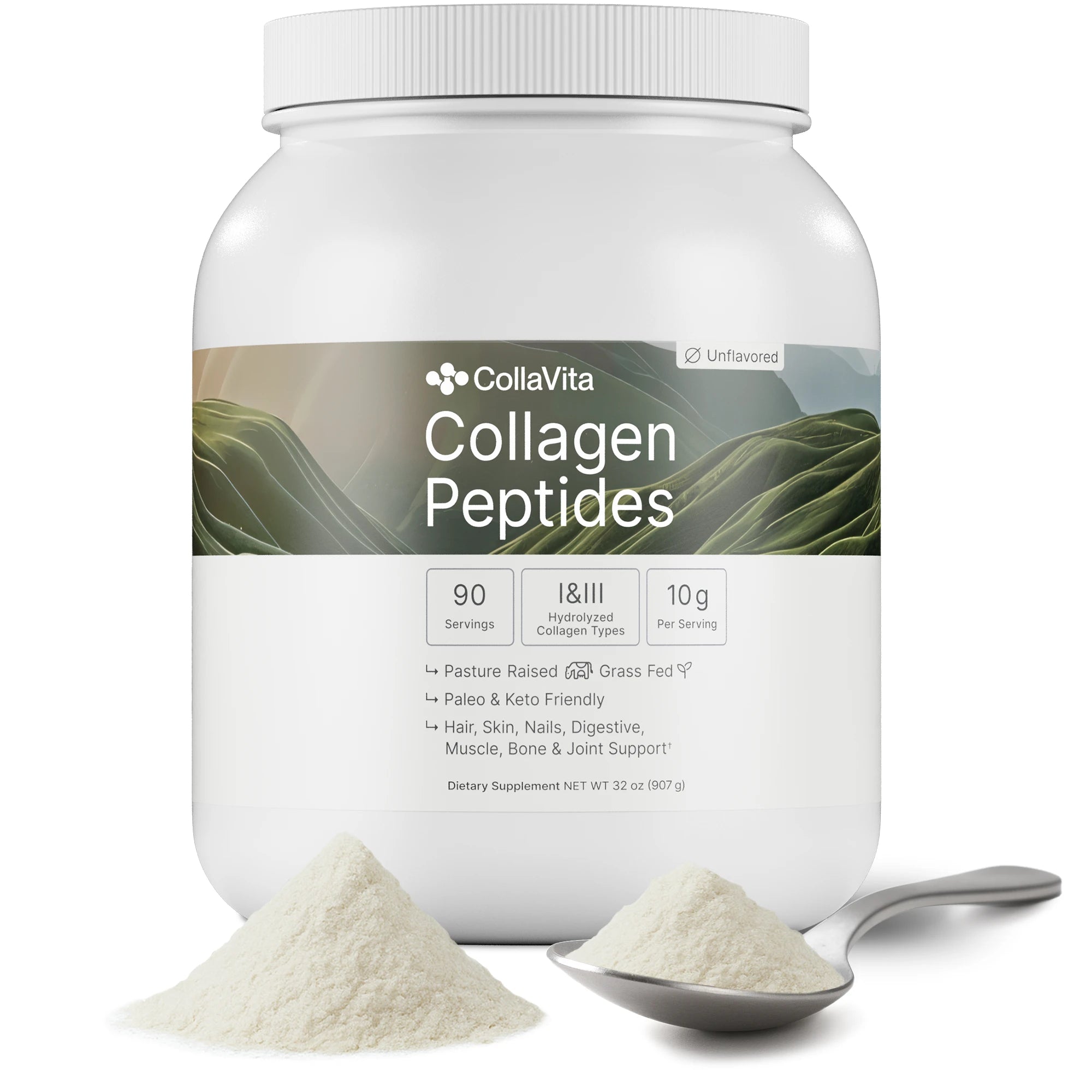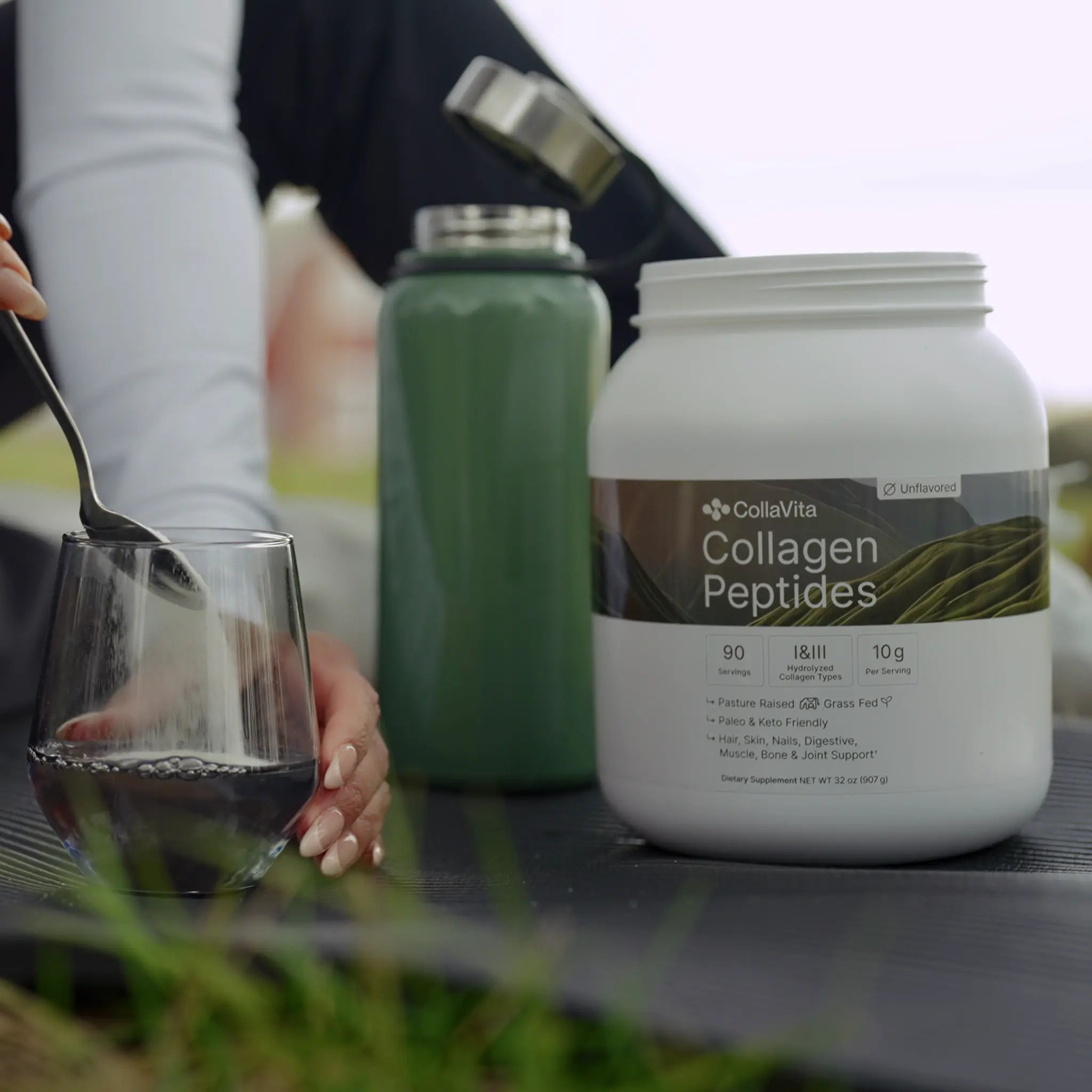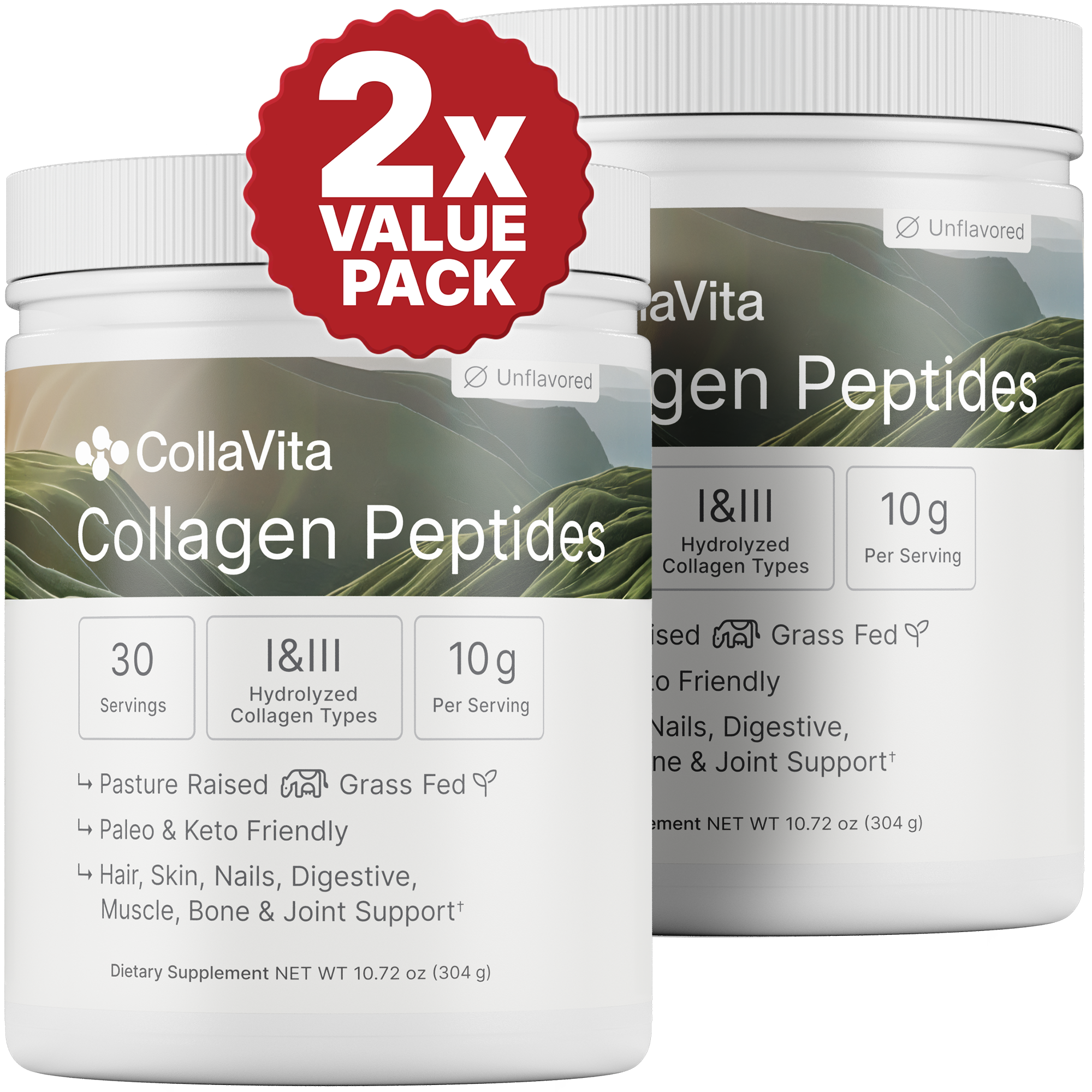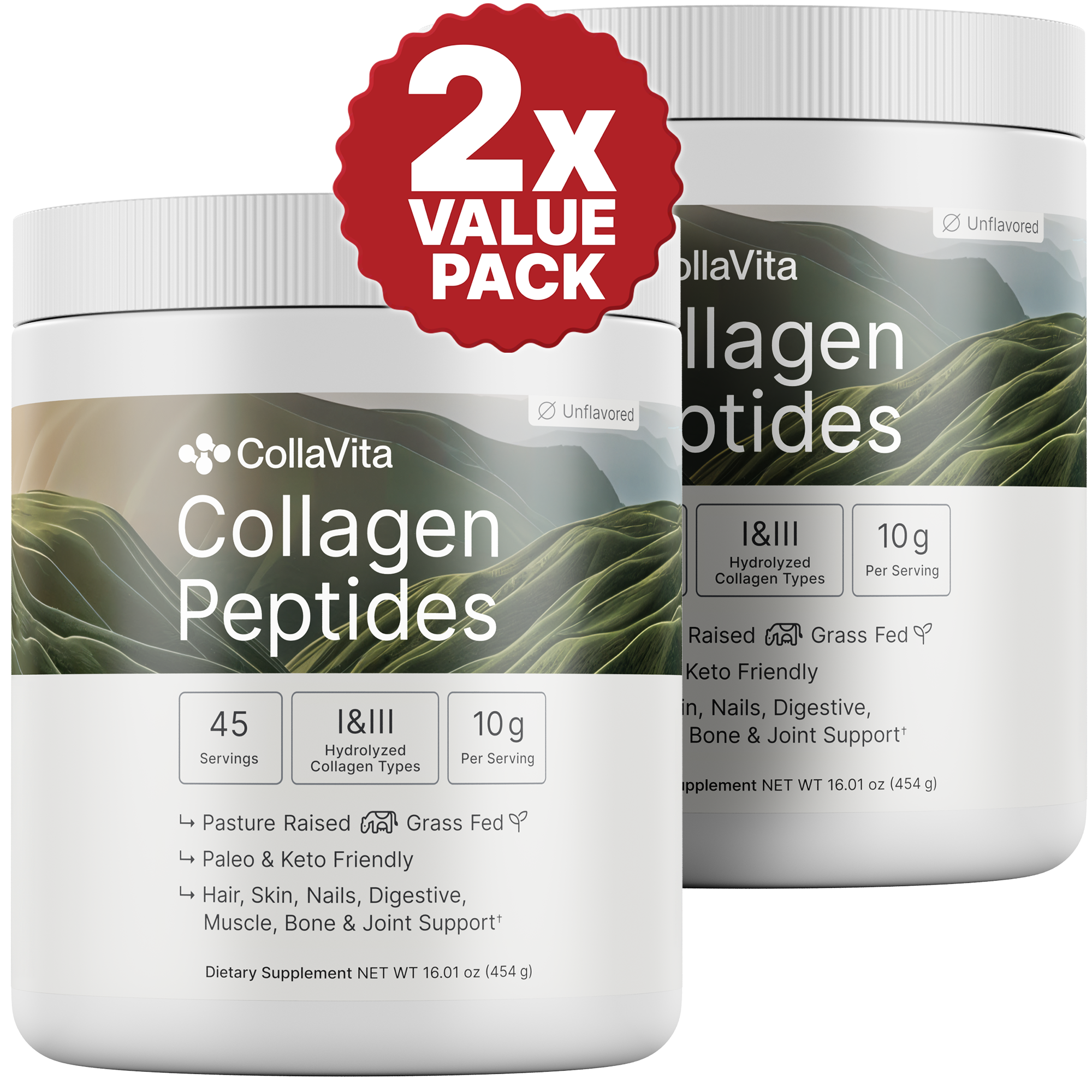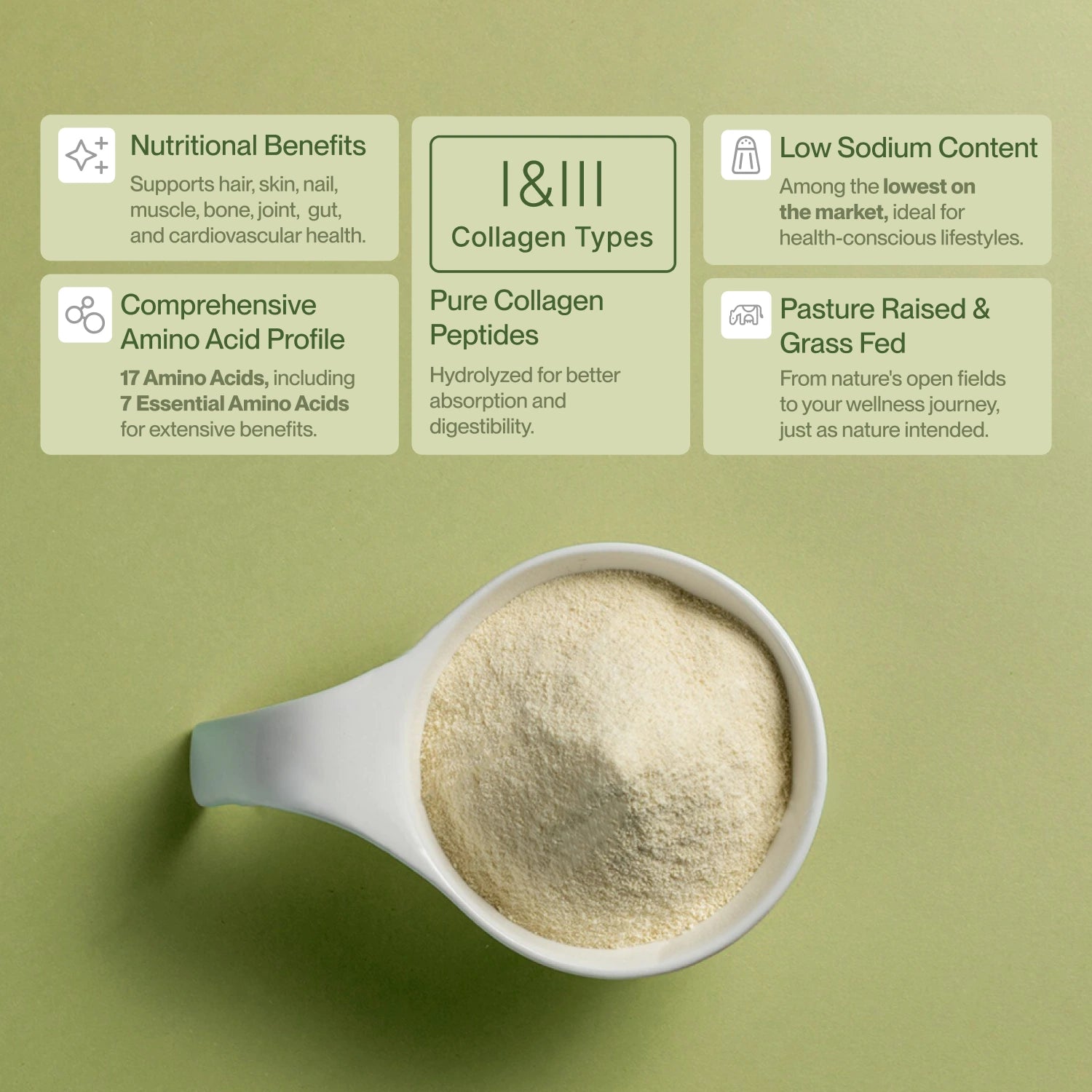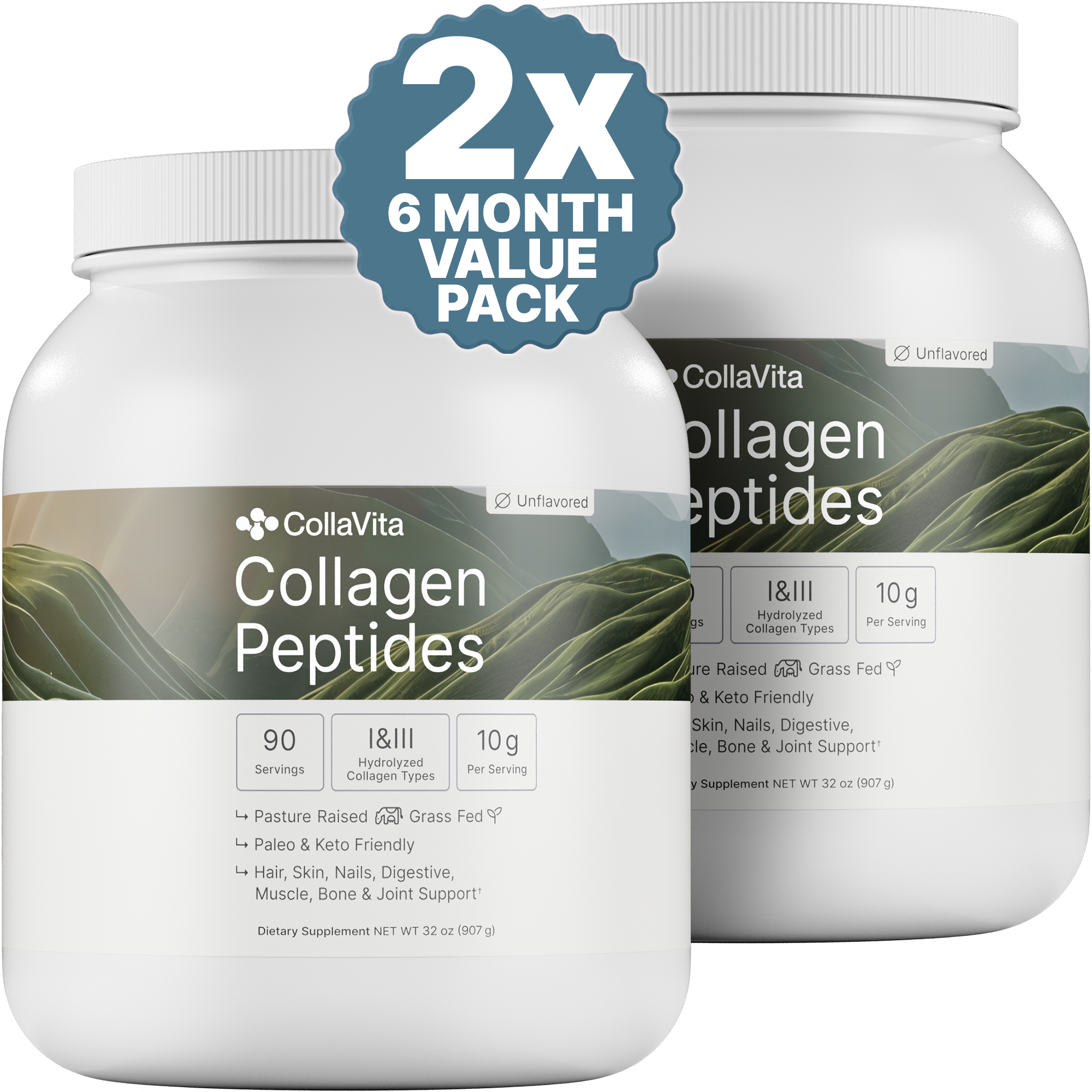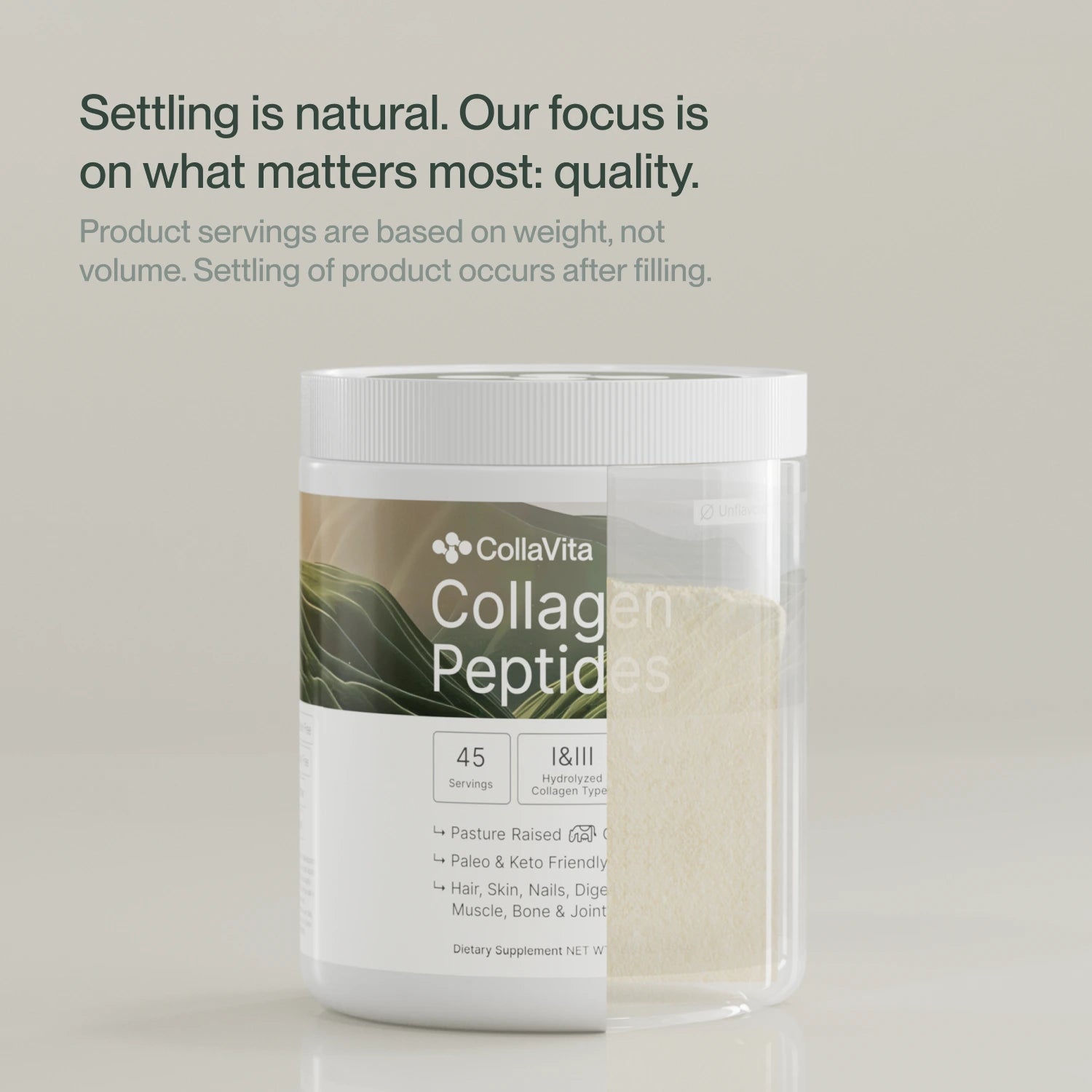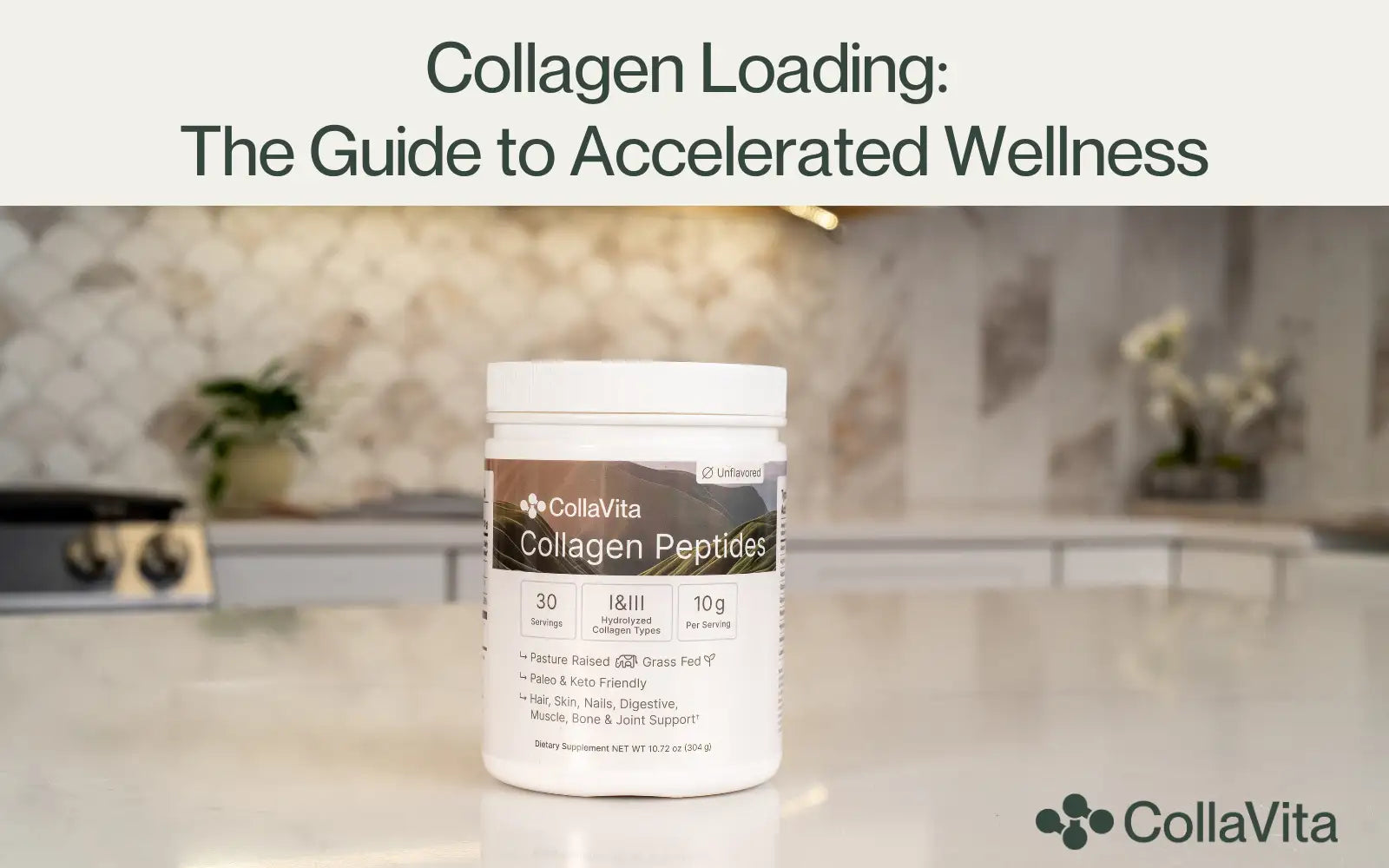What is The Role of Collagen in Postpartum?
The role of collagen in postpartum is multifaceted, primarily focusing on physical recovery and restoration. After childbirth, the body needs to heal and regenerate, and collagen is a crucial protein that aids in this process. It helps in the healing of tissues, whether after a vaginal birth or a cesarean section, and can assist in reducing the appearance of stretch marks. Collagen also plays a significant role in restoring skin elasticity and firmness, which is often lost due to the stretching of the skin during pregnancy. Furthermore, it supports joint and bone health, which can be strained during pregnancy and delivery, and contributes to the health of hair and nails, which can be affected by postpartum hormonal changes. By supporting the body's connective tissues, collagen helps the skin and other tissues regain their initial appearance and function after the significant changes experienced during pregnancy.
A study on whether can you take collagen while breastfeeding, starting in the third trimester and continuing for 10 weeks postpartum, highlights the benefits of collagen in the postpartum period.
Some key benefits include the following:
1.Wound Healing and Tissue Repair
The study showed that collagen protein supplementation led to a significant improvement in the rates of healing postpartum wounds. This is necessary for repairing wounds from childbirth, such as caesarean section incisions, vaginal tears, and episiotomy. In addition to minerals like calcium, zinc, and copper, the hydrolyzed collagen products utilized in the research also include vitamins A, C, E, and D. These vital nutrients significantly facilitate the healing of damage, angiogenesis (the formation of new blood vessels), and the maturation and stabilization of collagen.
2.General Recovery and Quality of Life
The mothers who received collagen while breastfeeding had improved overall quality of life scores, according to the study. This finding supports the idea that adequate protein intake (and, therefore, collagen supplementation) may contribute to the overall well-being and recovery of the postpartum mother.
3.Bone Health and Joint Stress:
Since bone problems may persist during the transition from pregnancy to puerperium, collagen supplementation helps support bone and joint health during this period.
4.Skin Elasticity and Abdominal Recovery
Collagen is great for skin elasticity and supports abdominal toning during pregnancy. Particularly due to its ability to preserve the skin's moisture equilibrium, collagen supplements are indispensable during pregnancy.
5.Hair and Nail Health
Some collagen supplements contain additional ingredients such as zinc and biotin that are beneficial for hair and nail growth. Given the hair loss and nail changes many women experience during the puerperium, collagen supplements containing such ingredients may help with these common postpartum problems.

Can I Take Collagen While Breastfeeding?
Many new mothers wonder, "Can I take collagen while breastfeeding?" research suggests collagen supplements are generally safe and may support postpartum recovery. Scientific studies on postpartum and breastfeeding women have found that there are no negative effects in terms of neonatal problems. The findings may be reassuring for breastfeeding mothers and health professionals using collagen supplements.
Important Considerations and Disclaimer
Always check with your primary care physician, antenatal specialist, or other healthcare provider before taking collagen supplements while pregnant or during the puerperium. Collagen supplements are normally safe to take, but it is important to remember that everyone's health is unique. Particularly in cases of preexisting conditions or other health issues, a doctor's approval is paramount. Provide your physician with the brand, ingredients, and label of the collagen product you intend to utilize.


